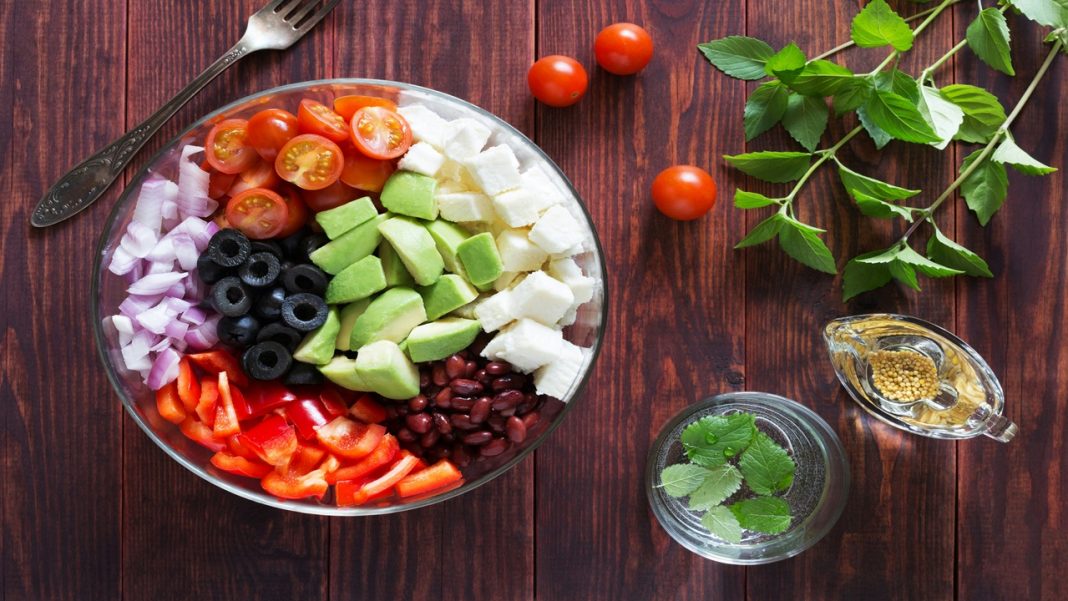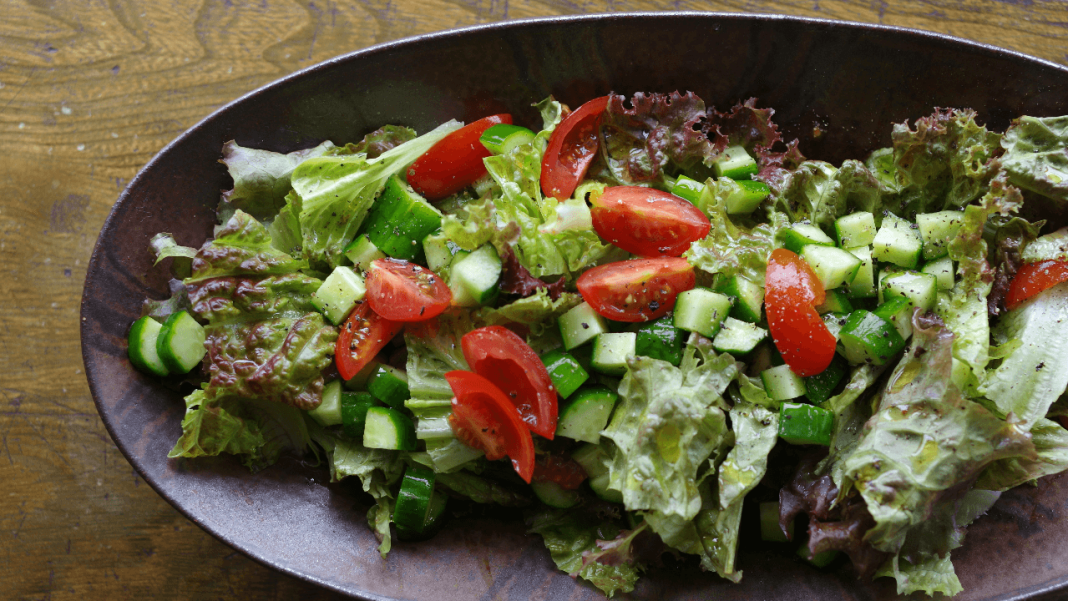Food bills have gone up. Many quietly feel the pinch at checkout counters. Still, people everywhere are finding ways to eat healthy on a budget without losing flavour or nutrition. It’s less about giving up and more about finding what truly works in daily life.
Many finance and Entertainment writers, including India Focus Daily Business & Finance and India Focus Daily Entertainment, say the shift started when households began tracking small expenses, groceries, snacks, even coffee runs. Slowly, habits changed. Meals became simpler, fresher, and surprisingly more affordable.
Global Food Cost and Nutrition Table
| Region | Weekly Food Spend (USD) | % on Fresh Produce | Average Diet Score (0–10) |
| North America | 22.33 | 40% | 3.35 |
| Europe | 25.76 | 40% | 4.0 |
| South Asia | 29.96 | 40% | 4.57 |
| East Asia | 29.40 | 40% | 4.2 |
| Middle East | 26.39 | 40% | 3.9 |
| Latin America | 31.92 | 40% | 3.03 |
How to Eat Healthy on a Budget
Eating healthy doesn’t mean shopping at fancy stores. It’s more about knowing what to skip, what to reuse, and what’s worth spending on. People who do it well often have one thing in common, they plan.
- Plan Meals Early: A 10-minute plan on Sunday can save hours later. Groceries stretch better when recipes overlap.
- Pick Local and Seasonal Food: Mangoes taste better in summer and cost half as much. Fresh produce from local vendors usually travels less, so it lasts longer too.
- Bulk Smartly: Grains, oats, or dal, bulk buys save money. But storing them well is the real trick.
- Cut Ready-Made Snacks: Packets look small but drain money fast. Roasted chana or homemade khakra fill the same craving.
- Cook at Home Often: Restaurants add hidden costs. Home food smells better anyway, and leftovers never go waste.
- Use the Freezer: Chop veggies once, freeze them. No midweek stress. No spoiled spinach by Friday.
- Meatless Once a Week: A simple dal-rice meal can be comforting and healthy. It also lightens both the plate and the pocket.
- Reuse Leftovers Creatively: Old rotis become chips, extra rice turns into fried rice. It feels satisfying to waste nothing.
- Compare Prices, Not Labels: One brand charges for packaging, another sells loose. Read unit price tags. They reveal the truth.
- Grow Herbs at Home: A tiny pot of coriander near the window. Smells fresh, adds flavour, costs nothing after the first sprout.
Everyday Moments
In Mumbai, families reuse boiled vegetable water for soups. In Mexico City, people buy tortillas in bulk and freeze them for a week. Someone in Tokyo measures oil by spoon, not bottle. These small rituals make the difference.
Food habits are becoming less about status, more about sense. People want control again, of taste, health, and their grocery slips. That’s how it starts for most families.
Quiet Movement Across Cities
The shift is steady. Markets now keep local produce upfront. Cafés serve millet pancakes next to regular ones. Apps suggest cheaper, homegrown ingredients for meal plans. It’s all connected, cost, convenience, and comfort.
Even busy professionals now carry dabba lunches again. Maybe it’s nostalgia. Or maybe it’s just practical. Either way, it’s working.
Healthy Eating Feels Simpler Now
Health on a budget is about rhythm. Buy what’s in season, cook what’s fresh, waste nothing. That’s all. People are realizing that expensive doesn’t always mean better. And food made at home, with basic care, often tastes richer than anything from outside.
Sometimes, it’s these tiny habits, one list, one meal at a time, that rebuild the whole idea of eating right.
FAQs
1. What is the easiest step to start eating healthy on a budget?
Start with a small weekly plan. It keeps impulse shopping away.
2. Are frozen vegetables okay for daily use?
Yes. They stay fresh longer and work well when markets are closed or produce is costly.
3. How can one save on protein costs?
Mix lentils, eggs, and tofu instead of relying on only meat.
4. Does cooking at home really save much?
It saves both money and time spent waiting for deliveries.
5. How to keep groceries fresh longer?
Store dry grains in airtight jars. Keep greens wrapped in paper inside the fridge.



